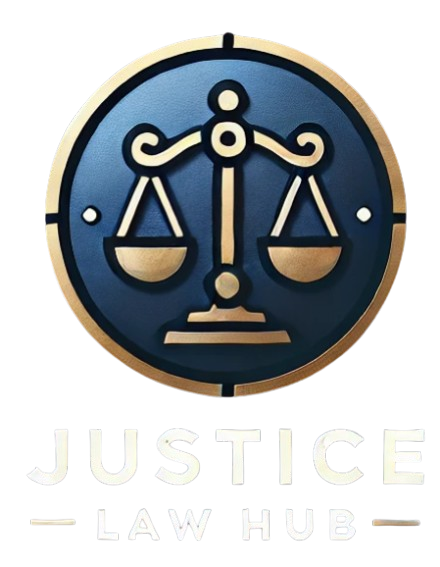Many people think that if the police arrest them without “reading their rights,” they can’t be punished. However, this is not true in most cases. Let’s break down what Miranda Rights are, when they apply, and what happens if they aren’t given.
What Are Miranda Rights?
Miranda Rights are the legal warnings police must provide to a person in custody before questioning them. The typical Miranda warning includes:
- You have the right to remain silent.
- Anything you say can be used against you in court.
- You have the right to an attorney.
- If you cannot afford an attorney, one will be provided for you.
These rights protect your Fifth Amendment right against self-incrimination and your Sixth Amendment right to legal counsel.
When Are Miranda Rights Required?
Miranda Rights are required when two things happen:
- You Are in Custody: This means you are not free to leave, such as during an arrest or when you’re restrained in a significant way.
- You Are Being Interrogated: This includes direct questioning or any actions by police intended to get an incriminating response.
If both conditions are met, police must read you your rights. Otherwise, any statement you make may not be used in court.
When Miranda Rights Aren’t Required
There are situations where police do not need to read Miranda Rights, including:
- No Custody: If you are free to leave, such as during a casual conversation or witness questioning.
- No Interrogation: If police do not ask questions or try to get you to talk.
- Routine Encounters: During traffic stops, brief street interactions, or searches.
Police can also arrest you without reading your rights if they don’t plan to question you immediately.
What Happens If Police Don’t Read Your Rights?
If police fail to give a Miranda warning when required, the main consequence is that your statements cannot be used against you in court. However, this doesn’t mean the charges are automatically dropped. Here are key points:
- Exclusion of Evidence: Any statements you make during a custodial interrogation without being read your rights can usually be excluded from trial.
- Exceptions Exist: Statements may still be used for limited purposes, such as challenging your credibility or if they reveal evidence unrelated to the questioning (like the location of a weapon).
- Public Safety Exception: In emergencies, police can question you without a Miranda warning if it’s necessary to protect the public.
How to Invoke Your Miranda Rights
You must clearly state your intention to use your Miranda Rights. Simply staying silent is not enough. Here’s how to assert them:
- To Remain Silent: Say, “I choose to remain silent” or “I am invoking my Fifth Amendment right.”
- To Request an Attorney: Say, “I want to speak to a lawyer” or “I won’t answer any questions without my attorney.”
Once you invoke these rights, police must stop questioning you.
Common Misconceptions About Miranda Rights
- “If they don’t read my rights, I go free”: False. Charges aren’t automatically dropped if Miranda Rights are not read.
- “I can stay silent without saying anything”: You must clearly invoke your rights to stop police questioning.
- “Miranda Rights apply to every interaction”: They are only required during custodial interrogations.
Protecting Your Rights
If you believe your Miranda Rights were violated, speak with a criminal defense attorney immediately. They can:
- Evaluate whether a Miranda warning was required.
- Challenge the use of un-Mirandized statements in court.
- Protect your constitutional rights throughout the legal process.
